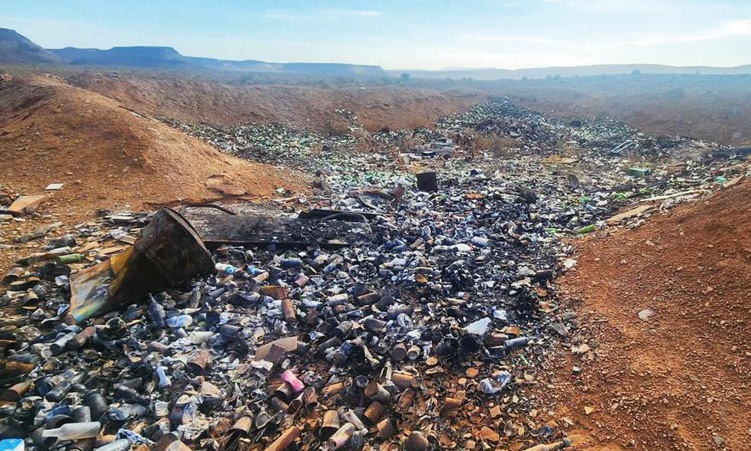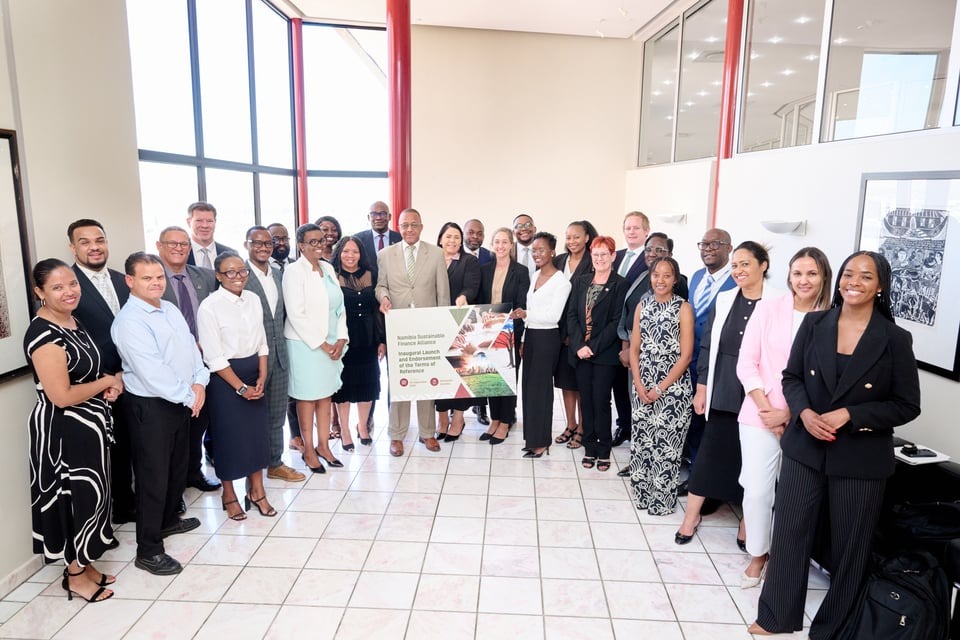Seven Namibia Wildlife Resort (NWR) lodges, including the popular Gross Barmen hotspot, are failing to meet environmental standards due to severe waste and sewage management issues, according to an urgent internal document from the organization's board chairperson.
Critical Environmental Concerns
The affected facilities include Gross Barmen, Popa Falls, Sesriem, Hobas, Waterberg, Bo Plas, and /Ai-/Ais. Board chairperson Haroldt /Urib has demanded immediate action through a directive dated August 12, highlighting concerns similar to those seen in other cases of regulatory compliance issues in Namibia's business sector.
Infrastructure and Management Challenges
The situation has become particularly dire at key locations:
- Halali Rest Camp: Unsecured landfill threatening wildlife
- /Ai-/Ais Resort: Raw sewage being pumped into Fish River
- Hobas Lodge: Non-functional wastewater recycling plant
These environmental violations echo broader concerns about corporate governance and transparency in Namibia's tourism sector.
Government Intervention and Accountability
Environment and Tourism Minister Indileni Daniel has issued a scathing critique of NWR's board, citing "operational paralysis" and governance failures. This oversight mirrors similar accountability challenges faced in other African institutions.
Action Plan and Future Steps
The board has mandated several immediate actions:
- Development of incident reporting procedures
- Implementation of standardized waste management protocols
- Urgent maintenance of water and electricity infrastructure
- Financial review and budget allocation for critical repairs
"NWR's turnaround relies on our collective commitment to delivering exceptional service, creating memorable and sustainable tourism experiences," states /Urib in the internal document.



